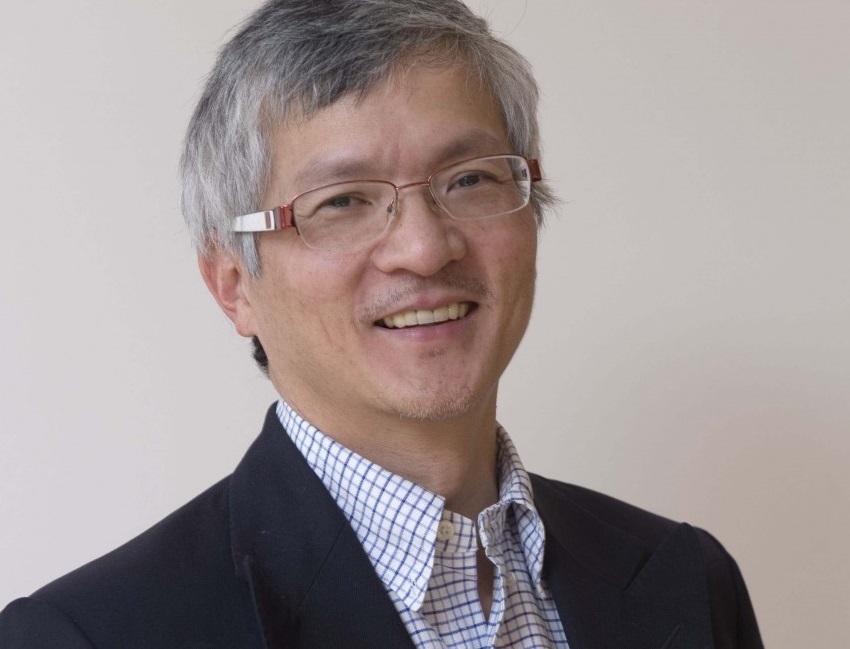What do consultants think of the portal? A blog by Dr Voi Shim Wong.
In Independent Practitioner Today this month, consultant gastro-enterologist Voi Shim Wong talks about his experience viewing his data as part of the portal pilot earlier this year. Hear what he has to say.
How have you found being involved in the PHIN pilot?
It has been very useful to see data about all my private practice collected together in one place. I haven’t had to do very much, as the data is all sent to PHIN electronically by the various hospitals I work with. I just need to log in and check that it’s all there and point out any errors.
There are some inaccuracies in my data at the moment. I’ve been reporting those errors through the system, but getting the data corrected is slow progress, as it’s up to the hospitals and that has felt quite frustrating. There’s bound to be a few glitches at this early stage, though. And PHIN has been clear that none of this will be published until it’s right.
Even though the system isn’t yet showing the full range of data that will be collected, it’s already very powerful. I can see my activity, number of patients, length of stay and so on. So far, it has been easy to spot information that’s incorrect, and I can see how it will make it easier to pick up potential safe issues.
Because I can compare data with my peers, I can also see for the first time – just like I can with my NHS work – how my work compares with that of private colleagues.
Why is data so important to you in your practice?
I’m a real believer in the power of data to help us improve the care we provide. That’s why I was interested in being part of this pilot. Having access to accurate data about my own practice is useful on all kinds of levels: from improving quality to ensuring safety and patient satisfaction. It’s helpful to be able to review my activity over the year.
Of course, having all of this information at your fingertips is also really helpful for appraisal and revalidation. We have to present all our NHS and private work and it would be very difficult for me to collect this information myself from all the different hospitals I work with. One big plus is that now I can just click a button and see all of it laid out clearly in front of me.
I can also see how this data will have huge potential from a research point of view. At organisation and also specialty level, we’ll have a picture of what kinds of patients and procedures we’re seeing in the private sector, and about quality and safety. Private healthcare is bound to have processes that the NHS can learn from and vice versa.
What’s your big message to colleagues about the changes they can expect over the coming year?
PHIN is coming. My advice is to embrace the process and all the opportunities it offers. Like it or not, it’s regulation now anyway. We’d have to collect this information one way or another. Why not let PHIN do it for us?
Ultimately, once all these glitches with the system have been ironed out, collecting information in this way will help improve clinical quality and it will improve patient information. It’s going to be so powerful in the future to be able to say to my patients: ‘Look, here’s a link to PHIN’s website giving all the data about my practice. I see X many people a year, no complications, I have a 90% patient satisfaction rate…’
This kind of transparency is going to give confidence to GPs when they are making referrals, and to patients and families when they are making choices. I would say embrace the change and make it work for you.
Dr Voi Shim Wong is a consultant gastro-enterologist at Highgate Hospital, London.
